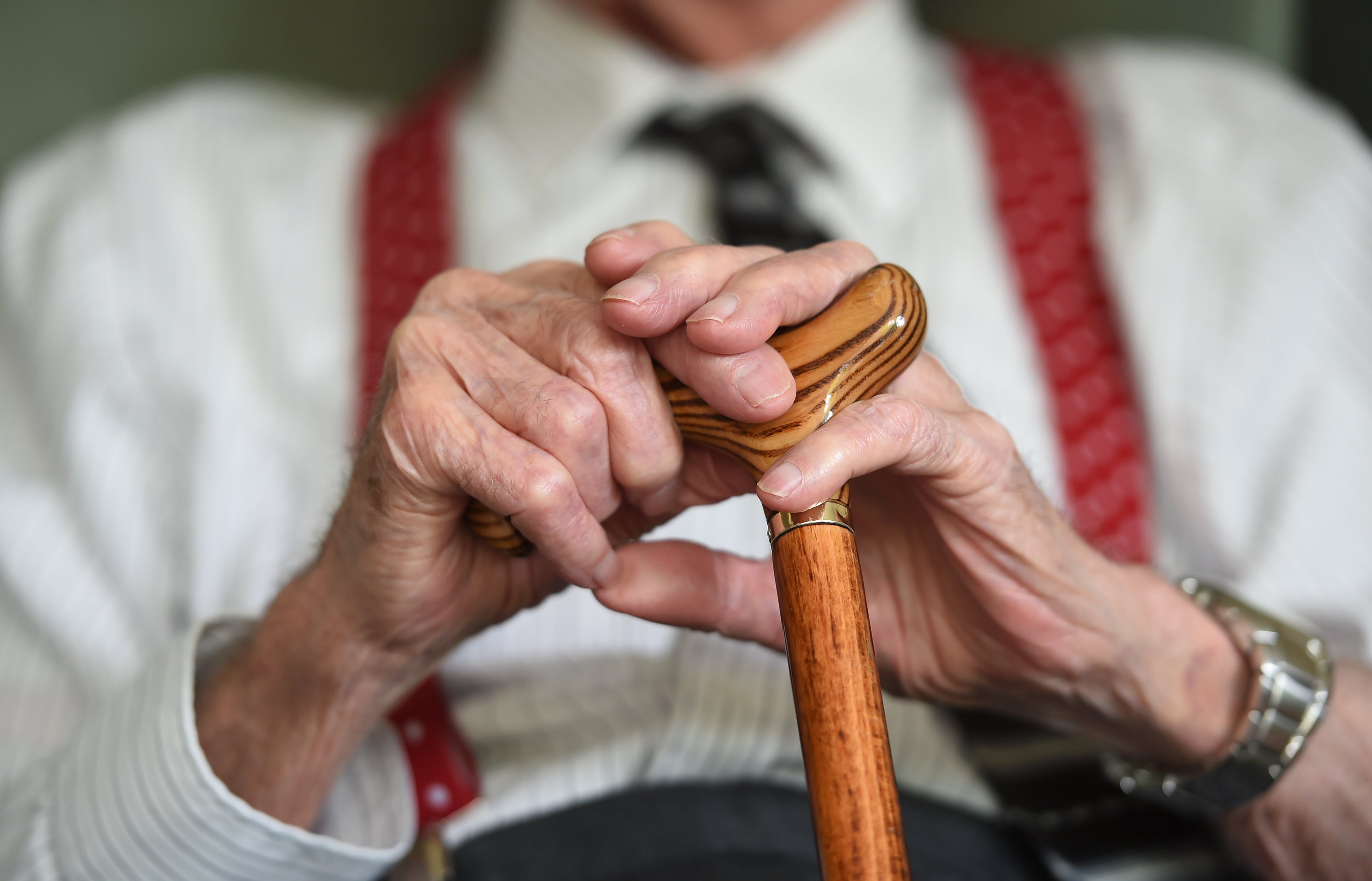Fraud can raise male victims’ blood pressure for more than a decade after crime, study suggests
Researcher says financial exploitation has ‘important public health consequences’, Lamiat Sabin reports

Older men who have been victims of fraud and financial exploitation can suffer from elevated blood pressure for at least a decade afterwards, new research suggests.
Higher blood pressure – also known as hypertension – was found in men that had been scammed, but not in women, the study found.
In the study, about 1,200 men and women were observed over a period of up to 11 years. Three-quarters of the subjects were women, and they had an average age of 81.
Over the years, they were asked whether they had fallen victim to financial exploitation, fraudulent schemes and scams. Their blood pressure was also measured.
The male fraud victims showed higher blood pressure in all tests that measured it, researchers said, but the link between hypertension and being financially exploited was not found among the women.
The researchers said the findings show that there are “important public health consequences” to fraud because higher blood pressure could “compound over time”.
If left untreated, high blood pressure can increase a person’s risk of diseases such as heart attacks and strokes.
“These findings show that fraud victimisation has important public health consequences and underscore the need for efforts to prevent exploitation,” said lead author Melissa Lamar, PhD, of Rush University Medical Center.
The authors wrote: “Results suggest an important link between fraud victimisation and blood pressure, particularly among men.
“Older men showed significant elevations in blood pressure after incident fraud that, compounded over time, may portend other adverse health outcomes.”
Around a third of adults in the UK have high blood pressure, according to the NHS.
It added that many do not realise that they have high blood pressure because the only way to find out is to undergo a test at doctors’ surgeries, pharmacies, in some workplaces, or with an at-home monitor.
The study tested subjects’ systolic blood pressure (the force at which the heart pumps blood), diastolic blood pressure (the resistance to blood flow in the blood vessels), pulse pressure (represented by the difference between the systolic and diastolic numbers), and mean arterial pressure.
The research has been published in the Journal of the American Geriatrics Society.






Join our commenting forum
Join thought-provoking conversations, follow other Independent readers and see their replies
Comments